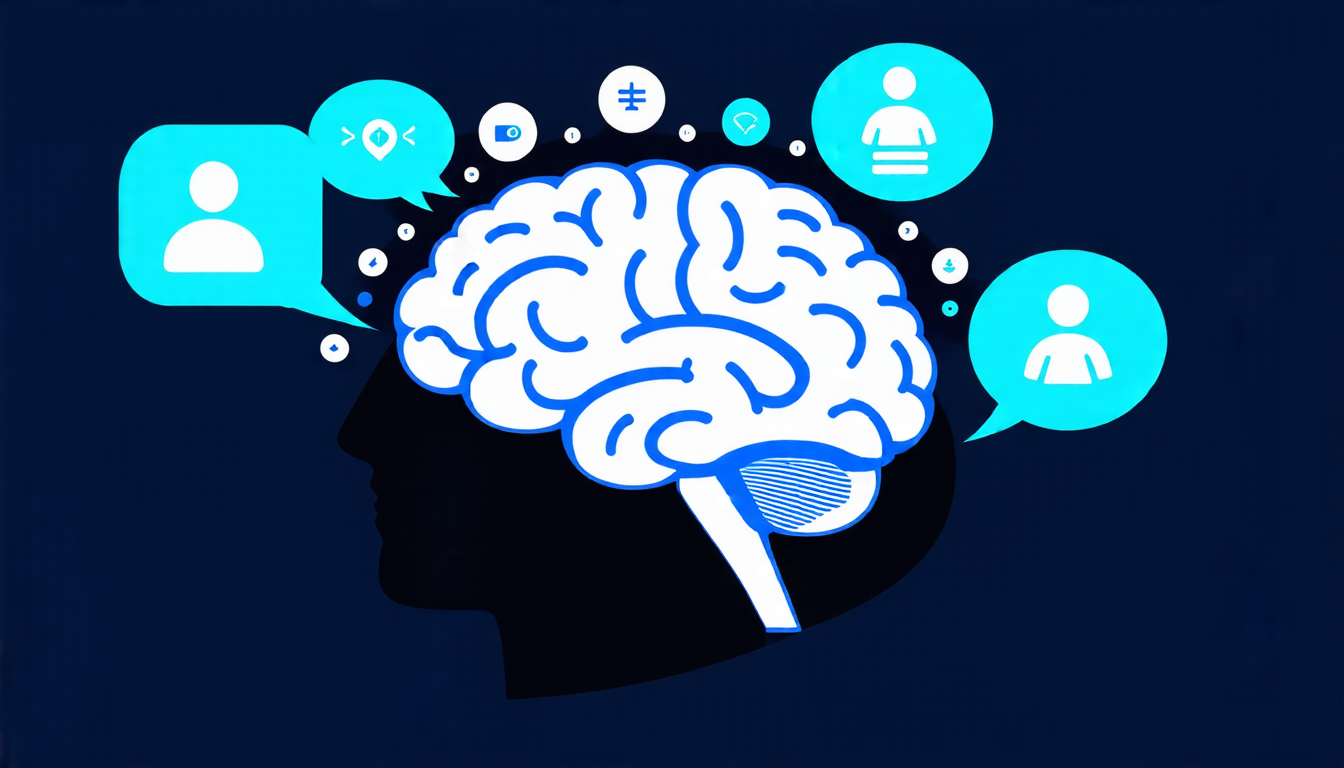Thursday 26 June 2025
Researchers have made a significant breakthrough in the development of artificial intelligence (AI) models that can diagnose Alzheimer’s disease with unprecedented accuracy. The new approach uses a combination of automatic speech recognition and large language models to identify subtle patterns in patients’ speech that are indicative of the condition.
The study, published in a leading scientific journal, demonstrates how AI can be used to analyze spontaneous speech recordings from individuals with Alzheimer’s disease and non-disease controls. By fine-tuning pre-trained language models with cues and prompts, the researchers were able to train the AI system to recognize specific patterns in the speech that are characteristic of Alzheimer’s.
The results show that the AI model outperformed traditional methods used for diagnosing Alzheimer’s, achieving an accuracy rate of 87.5%. This is a significant improvement over existing approaches, which often rely on invasive and time-consuming clinical evaluations or expensive neuroimaging techniques.
One of the key innovations in this study is the use of Chain-of-Thought (CoT) prompting, a technique that enables the AI model to reason through complex tasks by breaking them down into smaller, more manageable steps. This approach allows the model to learn from its mistakes and improve over time, making it a powerful tool for diagnosing Alzheimer’s.
The researchers believe that this technology has the potential to revolutionize the diagnosis of Alzheimer’s disease, particularly in low-resource settings where access to specialized healthcare services is limited. By providing a non-invasive and cost-effective means of detection, AI-powered speech analysis could help identify patients earlier, when treatment is more effective.
The study also highlights the potential for this technology to be applied to other conditions, such as Parkinson’s disease and depression, where speech patterns can provide valuable insights into an individual’s mental health. As AI continues to advance in its ability to analyze complex patterns in human language, it is likely that we will see even more innovative applications of this technology in the future.
The researchers’ findings have significant implications for the diagnosis and treatment of Alzheimer’s disease, offering a new hope for individuals affected by this debilitating condition. With further development and refinement, AI-powered speech analysis could become an essential tool in the fight against Alzheimer’s, helping to improve patient outcomes and quality of life.
Cite this article: “AI-Powered Speech Analysis Revolutionizes Alzheimers Disease Diagnosis”, The Science Archive, 2025.
Artificial Intelligence, Alzheimer’S Disease, Speech Recognition, Language Models, Diagnosis, Accuracy, Parkinson’S Disease, Depression, Mental Health, Neuroimaging







